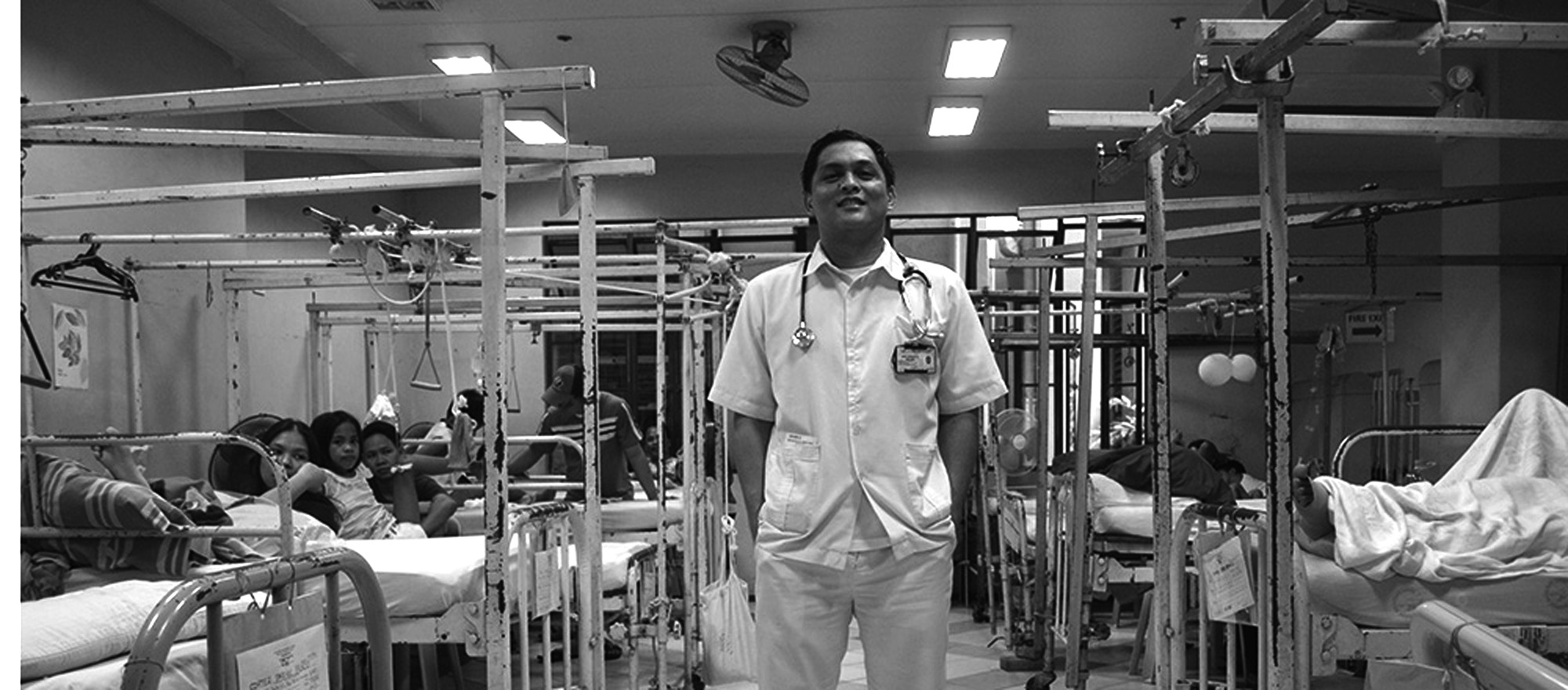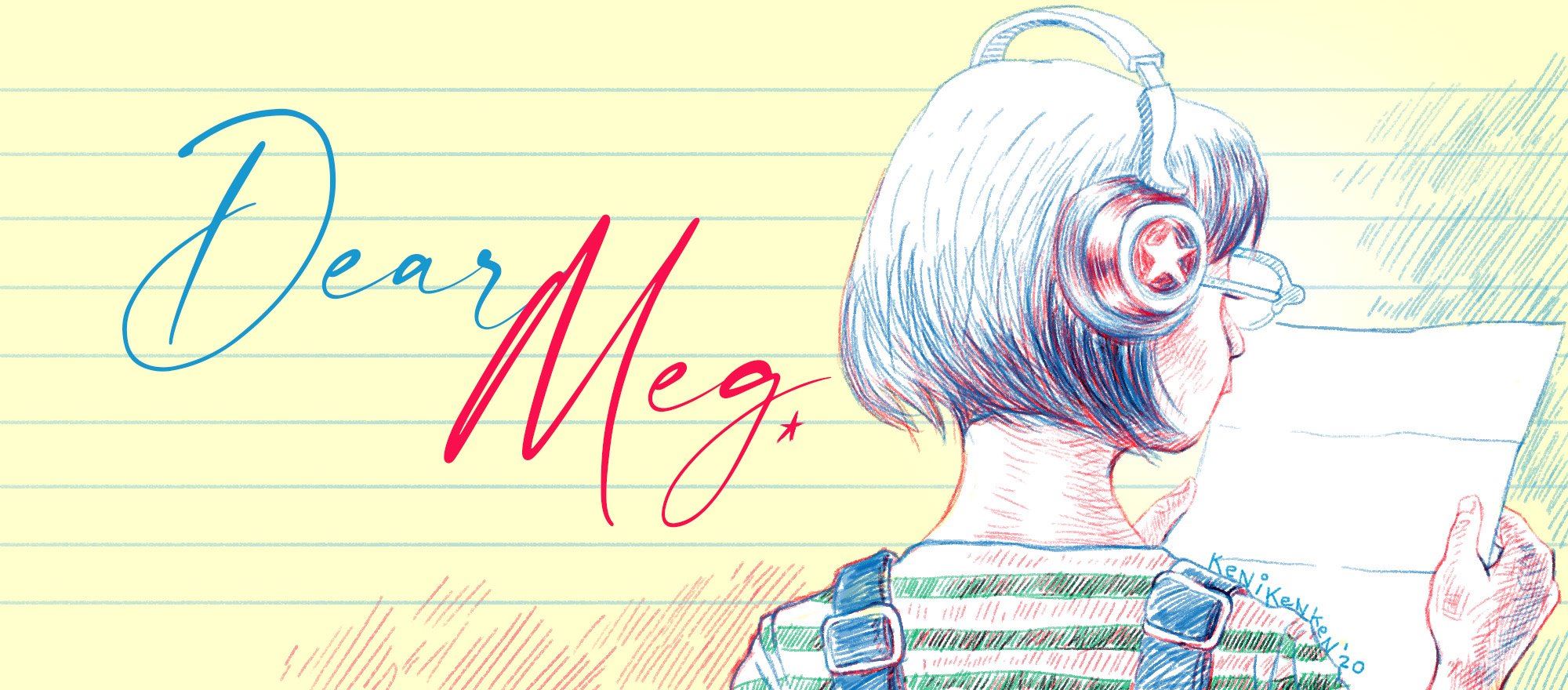Sean Velchez, gov’t hospital nurse, activist
A Bicolano tells of his journey from preparations for priesthood to vocation as health worker to life as committed activist for social change.

By Sean Herbert Velchez
I was already on the path to becoming a priest as expected by my family when the nursing profession came out of the blue. It was my grandmother who insisted I become a nurse. This decision tore me and my family apart. I even sought the advice of my spiritual adviser to help me enlighten my path. The journey to reconciliation was unexpected as I turned left.
During the time of the Estrada administration, I was a member of a Catholic Youth Association, as my goal was still to become a priest. It was a Christian group actively participating for the ouster of Erap. With them, I went to my first political rally. Since then, I became more critical politically. (But I was interested in politics since I was a child. My grandfather, a World War II veteran, and I used to read at least four broadsheets a day aside from listening to the radio. We even talked about politics during meals.)
My spiritual commitment did not dampen even when I took up Bachelor of Science in Nursing in Legazpi City, Albay. As it happened, our boarding house was located beside the office of the Bicol chapter of the Kilusang Mayo Uno (KMU, May First Movement).
Because I was interested in politics, I began visiting the KMU office. I then started going to that office everyday. Later on, I participated in activities such as medical missions to far-flung communities where medical care and social services were almost non-existent.
One day, a workers’ strike broke out in Panalog Cement Factory in Albay. We were invited on an immersion program with the striking workers for a couple of days. When a violent dispersal took place, all of the workers’ leaders were not around so I took the initiative to command the piketline. It was also my first media interview.
From then on, my involvement in the movement deepened. When I went back to Catanduanes, members of League of Filipino Students and College Editors Guild of the Philippines contacted me to establish the local chapter of Anak ng Bayan Party-list. It was also the time when I was elected as the secretary-general of Catanduanes Movement for Justice and Peace, a broad human rights movement in the province.

When I luckily passed my licensure exam in one take, I was still active in the Bicol chapters of Bagong Alyansang Makabayan (Bayan, New Patriotic Alliance) and Karapatan (a human rights organization) while beginning to practice my profession as a nurse. It was the time of Gloria Macapagal-Arroyo’s presidency. Three of my closest friends were extra-judicially killed by state forces: Chris Hugo and Rei Mon Guran of League of Filipino Students, and Joel Baclao from the United Church of Christ in the Philippines.
It was also the time when Arroyo signed her draconian executive orders targeting her critics and unleashing the counter-insurgency programs Oplan Bantay Laya I and II. I went through the dangers and sacrifices of being an activist at that time. There were times when I was left alone in the office during the height of the killings. Nevertheless, stopping my involvement in the movement was never an option for me. People were suffering, our fellow activists were systematically being murdered. I cannot stand aside and allow that to happen.
The time of Arroyo’s regime was my baptism of fire in the movement and it strengthened my resolve to carry on with the people’s struggle.
It did not take long before my safety became a concern for my family. I was forced to leave Bicol as my relatives who had military connections feared that I was already on the Order of Battle of the military.
With a heavy heart, I relocated to Manila where my relatives were. The Philippine Orthopedic Center (POC) was where I found myself and eventually became a regular employee here. Witnessing the suffering of our poor patients, I live with the thought that I must grow where I am planted.
I found a way to connect with the movement here in Manila. I joined the Health Alliance for Democracy (HEAD) where I served as deputy secretary-general for two years before I was elected as the president of our union here in POC.
As I meet patients inside and outside the hospital, I realize that my previous passions–my early plan to serve the people (by being a priest) and my calling as a health worker–were now being realized. I now put these passions into action to serve the people and contribute to social change.
Many times, I was tempted to go abroad to seek greener pastures. I see my fellow health workers leave the country, and I cannot blame them, especially because many of them feel they have already been abandoned by the very government they thought would care for them as health workers.
At the same time, I and others like me who remain in the country continue to serve in public hospitals. But our hearts break every time we see our poor patients, often poor farmers, forced out of public hospitals (like POC, which the government wants to be privatized) and die when they can no longer afford health services. We are left with our patients who do not take their medicines because they cannot afford to even buy their own food.
We are left with the desire to not leave our fellow Filipinos who need our services the most – inside and outside of public hospitals.
Being a health worker is not just about helping a sick person to get well. It is also about seeking answers on why people get ill beyond microbes and viruses. To cure the ills of the society is also our responsibility. Perhaps, it is even our greatest responsibility.
To be a priest or to be a health worker? I think, this question has long been been answered–in my journey to the path of activism.


